Iran vows vengeance for Israeli attack that killed Hezbollah chief Sayyed Hassan Nasrallah
Iran has escalated its threats of retaliation against Israel after the strike that killed the longtime chief of the terrorist group Hezbollah.
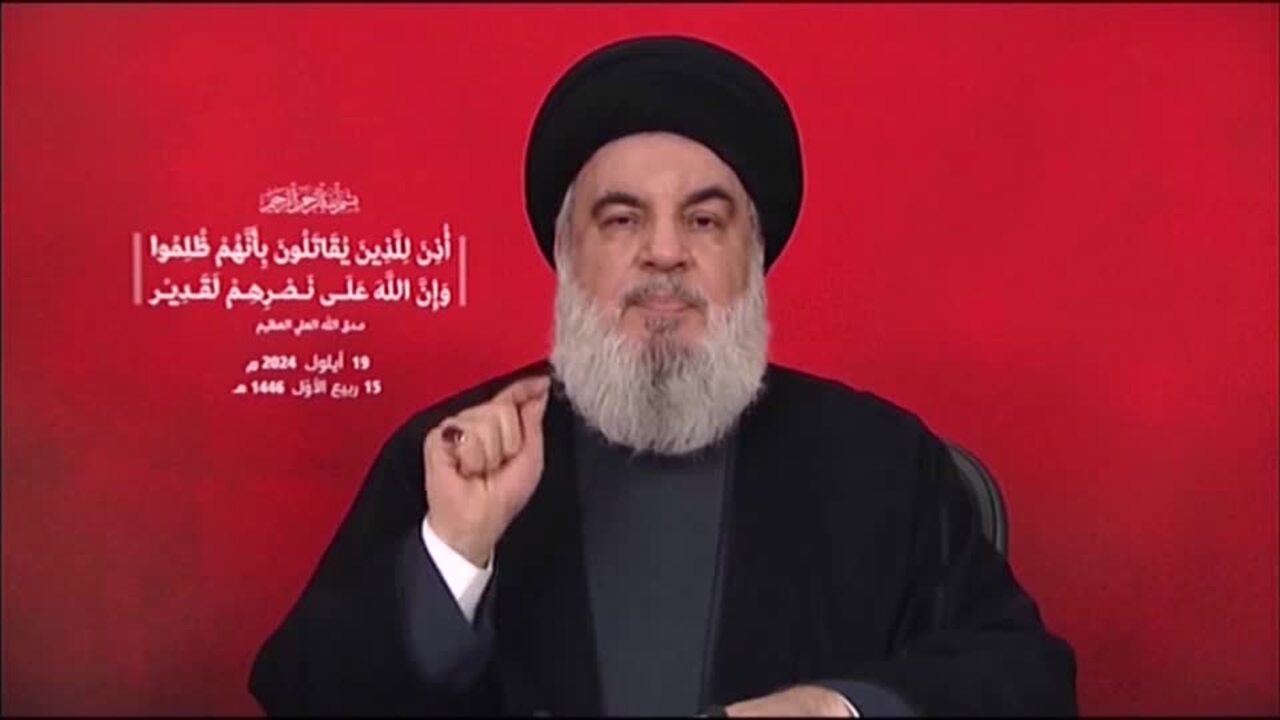
Iran’s supreme leader has vowed vengeance after the assassination of Hezbollah’s leader, Sayyed Hassan Nasrallah, by Israel.
The Iran-backed Lebanese militant group Hezbollah announced its longtime leader, Nasrallah, was killed in an Israeli air strike in a suburb of the country’s capital, Beirut on Friday.
Several world powers have warned of the killing’s potential repercussions, as the risk of an all-out war continues to loom over the Middle East.
Nasrallah, 64, was killed in a missile barrage, ending his 32-year reign as the head of Hezbollah. He built the group, which is designated as a terrorist organisation by Australia and other Western nations, into a formidable political force.
Iran’s first vice president, Mohammad Reza Aref, warned Israel that Nasrallah’s death would “bring about their destruction”, Iran’s Isna news agency quoted him as saying.
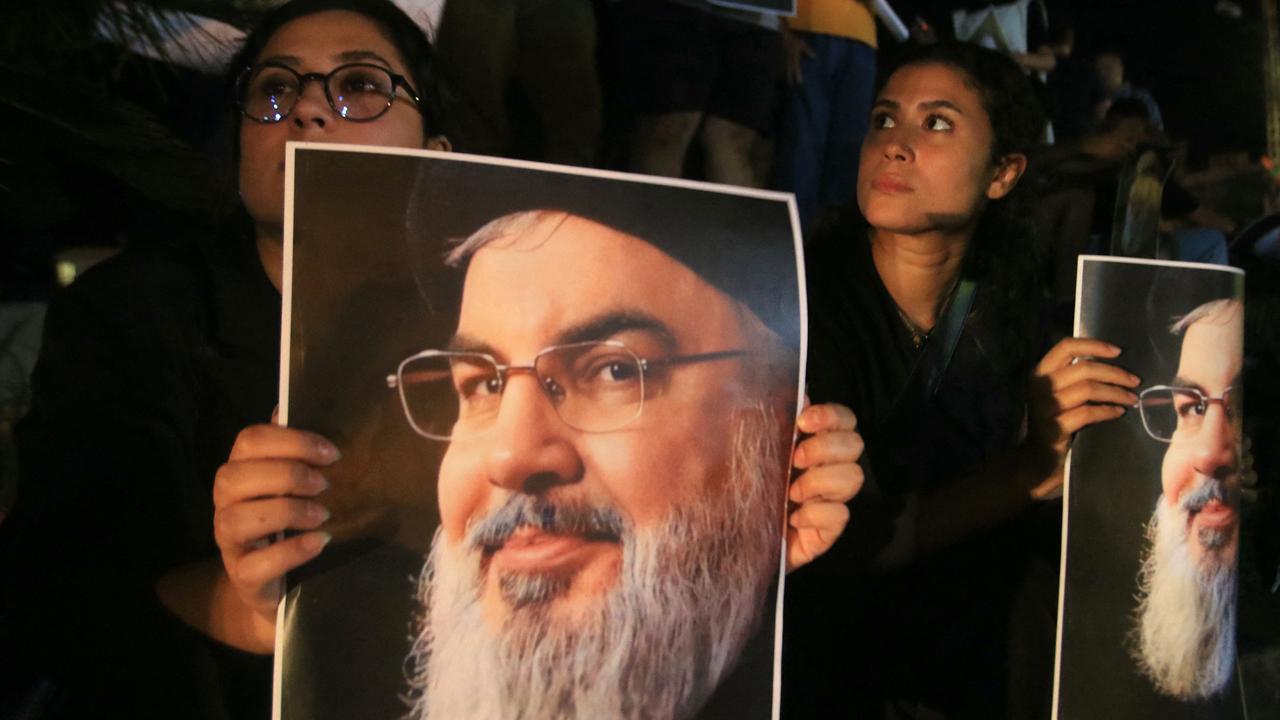
The foreign ministry of Iran, which finances and arms Hezbollah, said Nasrallah’s work would continue after his death.
And Iran’s supreme leader Ayatollah Ali Khamenei announced five days of public mourning, warning that Nasrallah’s death would “not go unavenged”.
Iran has also called for an emergency meeting of the UN Security Council to protest the killing of the Hezbollah chief, according to a letter to the body, given to AFP
In the letter, Iran’s UN envoy Amir Saeid Iravani calls on the council to “take immediate and decisive action to stop Israel’s ongoing aggression”.
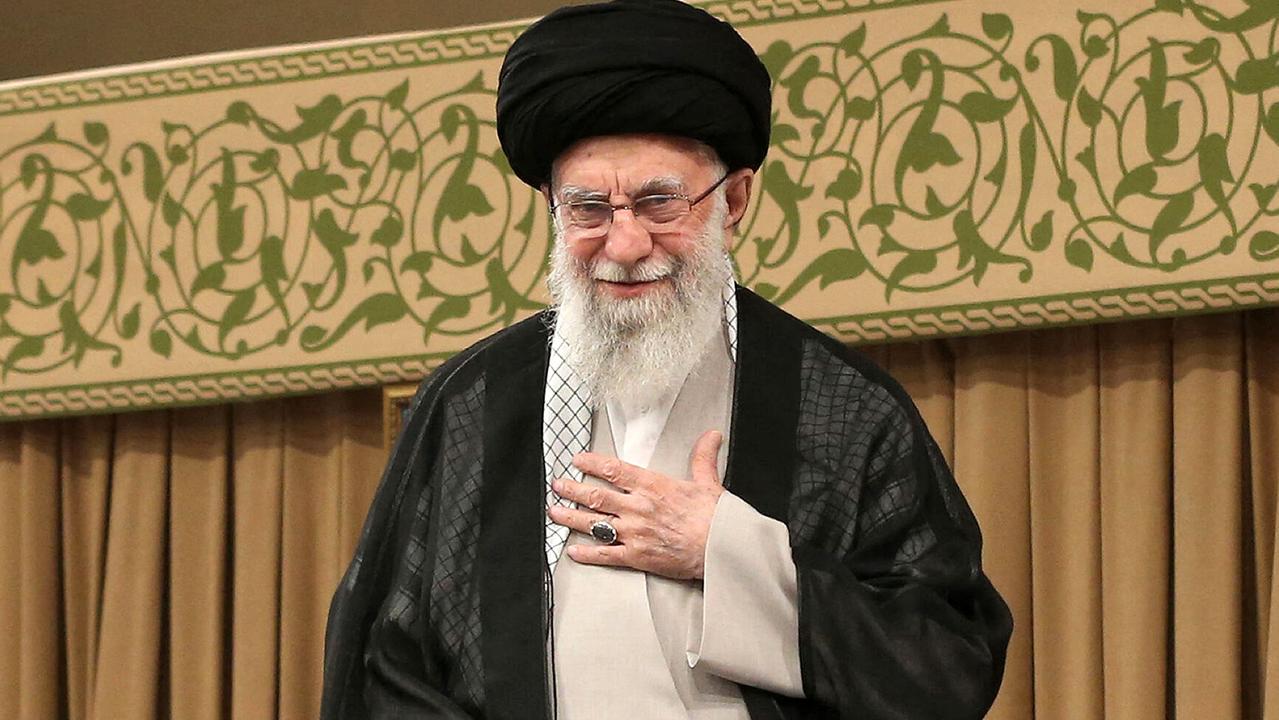
Experts worry about the prospect of Israel and Iran drawing each other into a direct conflict.
Israeli Prime Minister Benjamin Netanyahu, however, called the death of Nasrallah a “turning point” for his country.
Mr Netanyahu said Israel had “settled the score” for the killing of Israelis and citizens of other countries, including Americans.
As long as Nasrallah was alive, he added, he could have “quickly restored the capabilities we had eroded from Hezbollah” in a series of recent operations.
“So, I gave the order, and Nasrallah is no longer with us,” he said.
“Nasrallah was not a terrorist, he was the terrorist,” Mr Netanyahu added in a statement.
“Nasrallah’s killing was a necessary step toward achieving the goals we have set, returning residents of the north safely to their homes and changing the balance of power in the region for years to come.”
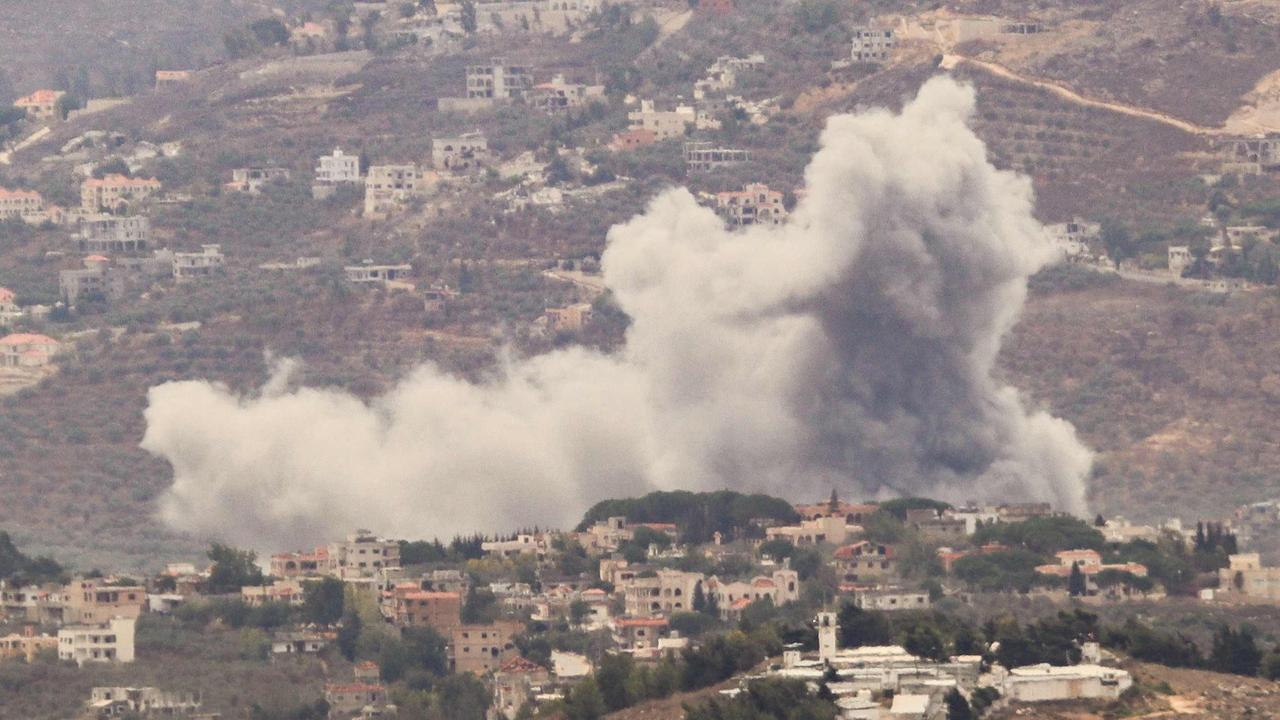
Strikes across the border continue
Israel carried out more attacks on Lebanon on Saturday, with one Lebanese security source saying a strike targeted a warehouse near Beirut airport.
The Israeli military has warned it will foil arms shipments through the airport.
The Lebanese army was deployed throughout Beirut on Saturday afternoon, while Lebanon’s Cabinet announced an extraordinary session.
Around the region, some leaders condemned the slaying while some Hezbollah allies vowed vengeance, fuelling fears of more violence in the Middle East after nearly a year of war in Gaza.
“Sayyed Hassan Nasrallah … has joined his great, immortal martyr comrades whom he led for about 30 years,” Hezbollah said in a statement.
It added that the group would “continue the holy war against the enemy and in support of Palestine”.
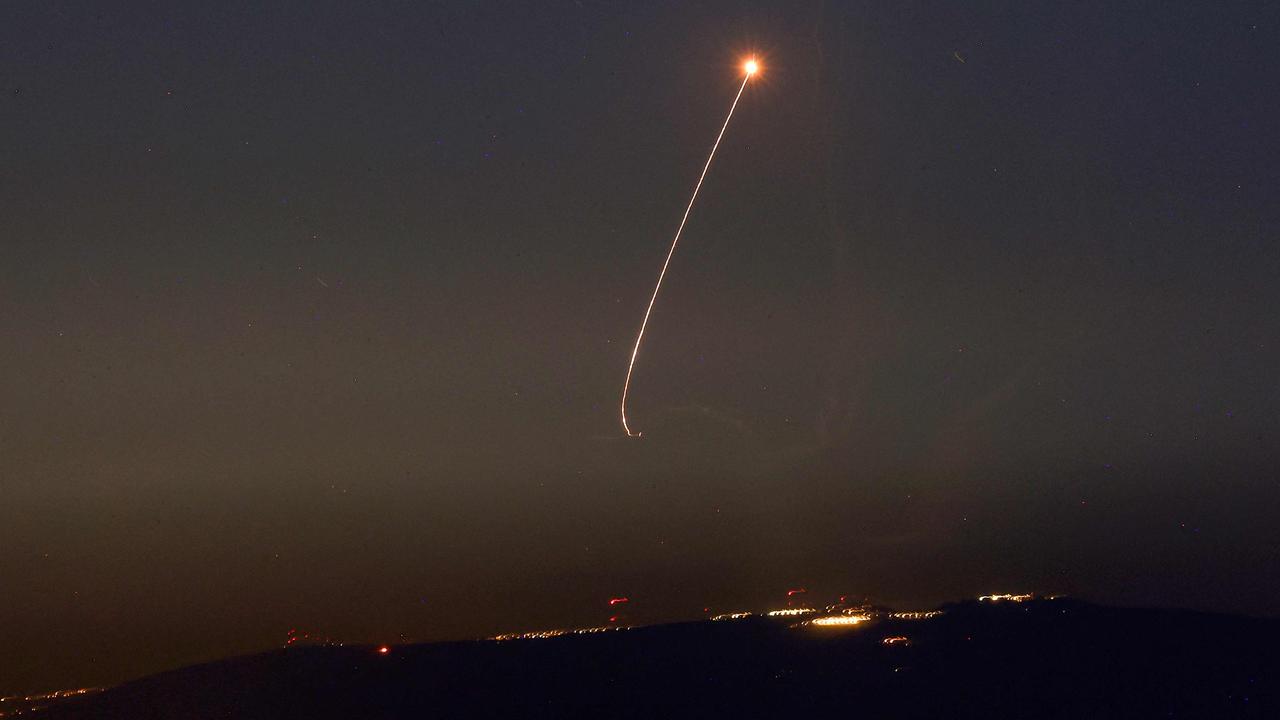
The Iran-backed terror group has reportedly been stocking up on its weaponry in preparation for an escalation.
Iran is said to have particularly helped to bolster its arsenal by supplying light weapons, antitank missiles and long-range unguided missiles to Hezbollah, report US and regional sources.
Iran’s First Vice President Mohammad Reza Aref denounced the “unjust bloodshed” and threatened that Nasrallah’s killing will bring about Israel’s “destruction”.
Meanwhile, US President Joe Biden said Nasrallah’s death was “a measure of justice for his many victims, including thousands of Americans, Israelis and Lebanese civilians”.
Washington supports Israel’s right to defend itself against “Iranian-supported terrorist groups” and the “defence posture” of US forces in the region would be “further enhanced”, Biden added in a statement.
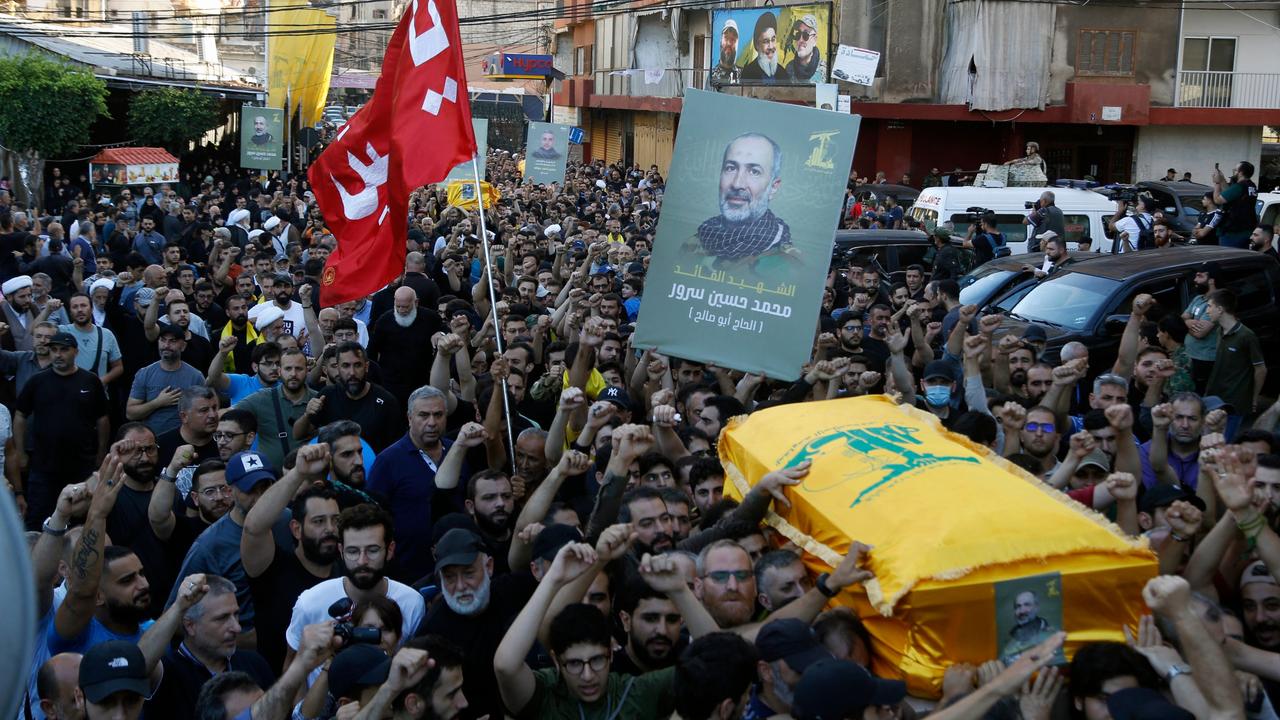
But he said in Gaza, the US had been pursuing a deal backed by the UN security council for a ceasefire and the release of hostages.
“In Lebanon, we have been negotiating a deal that would return people safely to their homes in Israel and southern Lebanon,” he said.
“It is time for these deals to close, for the threats to Israel to be removed, and for the broader Middle East region to gain greater stability.”
UN chief Antonio Guterres said he was “gravely concerned by the dramatic escalation of events in Beirut in the last 24 hours”.
The attack also wiped out several other commanders and officials including Ali Karki, the Commander of Hezbollah’s Southern Front, the IDF claim.
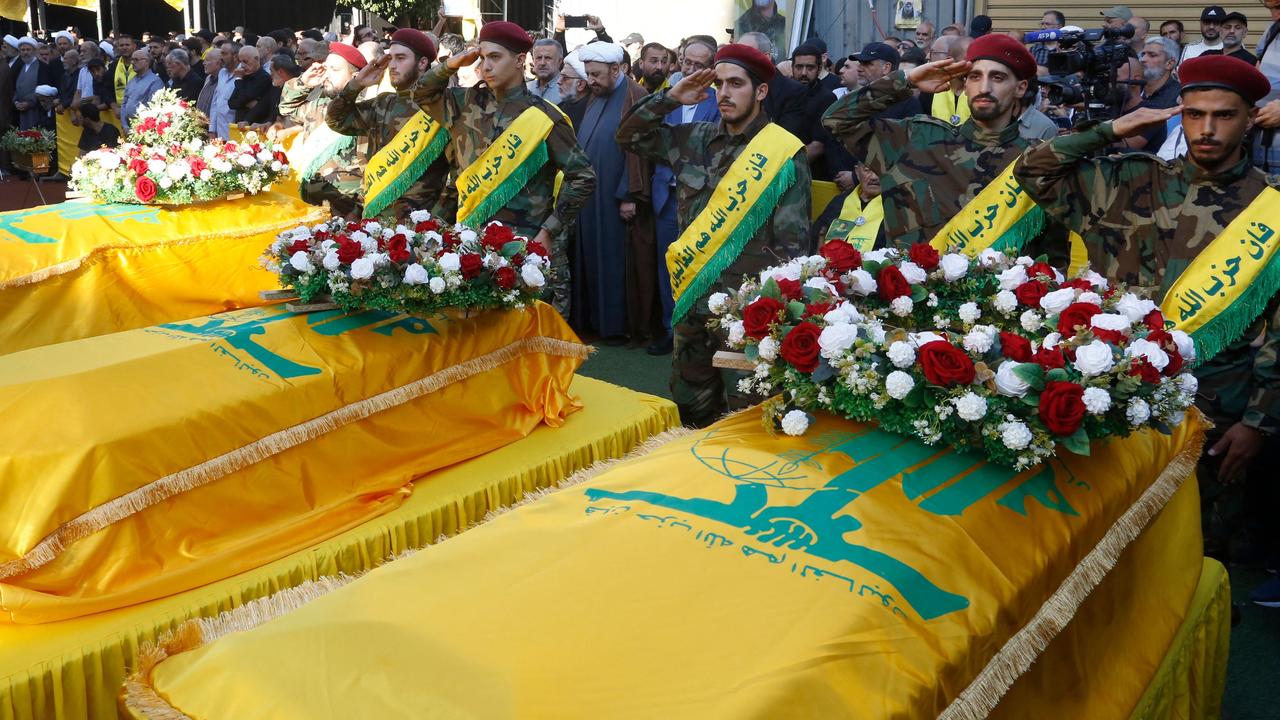
Israel continued its air strikes on Lebanon on Saturday with its attacks having killed more than 700 people and displaced about 118,000 since it began.
Strikes on Saturday killed 33 people and wounded 195, according to the Lebanese health ministry.
Most of the deaths in Lebanon came on Monday, the deadliest day of violence since the country’s 1975-1990 civil war.
The UN refugee chief Filippo Grandi said “well over 200,000 people are displaced inside Lebanon” and more than 50,000 have fled to neighbouring Syria.
The Israeli military said it has hit more than 140 Hezbollah targets in Lebanon since Friday night, and continued to pound south Beirut into Saturday, sending panicked families fleeing.
An AFP photographer said dozens of buildings have been destroyed.
The blasts that rocked south Beirut late Friday were the fiercest there since Israel and Hezbollah last went to war in 2006.
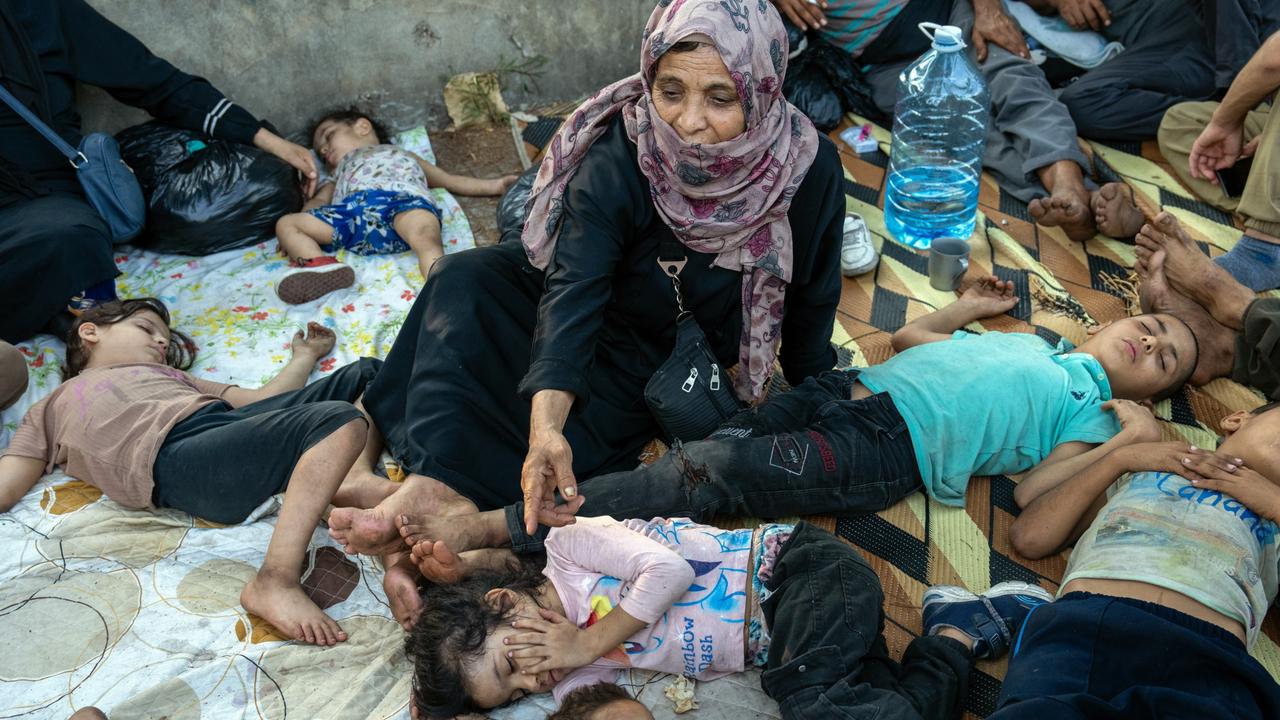
Hundreds of families spent the night outside.
“I didn’t even pack any clothes, I never thought we would leave like this and suddenly find ourselves on the streets,” south Beirut resident Rihab Naseef, 56, told AFP.
More Coverage
Middle East expert James Dorsey described Nasrallah’s killing as “very sophisticated”, adding it “demonstrates … just how deeply Israel has penetrated Hezbollah”.
His death leaves Hezbollah under huge pressure to deliver a resounding response to silence suspicions that the once seemingly invincible movement is a spent force, analysts said.
“Either we see an unprecedented reaction by Hezbollah … or this is total defeat,” said Heiko Wimmen of the International Crisis Group think tank.





